We are pioneering research and developing cutting-edge technologies that address the complex issues of environmental contamination and pollution. We identify and detect pollutants as they change and travel throughout South Florida, as well as develops tools to analyze and communicate data that will inform decision makers. This process is divided into four Research Focus Areas: Detection and Identification; Fate and Transport; Impacts and Visualization; and Education Research.
While each Research Focus Area focuses on a specific part of the process, they all work collaboratively within our center to understand and improve global water quality. Since water quality is a central theme connecting our research, we have designed and developed three monitoring buoys to collect data in both freshwater and saltwater environments of South Florida.
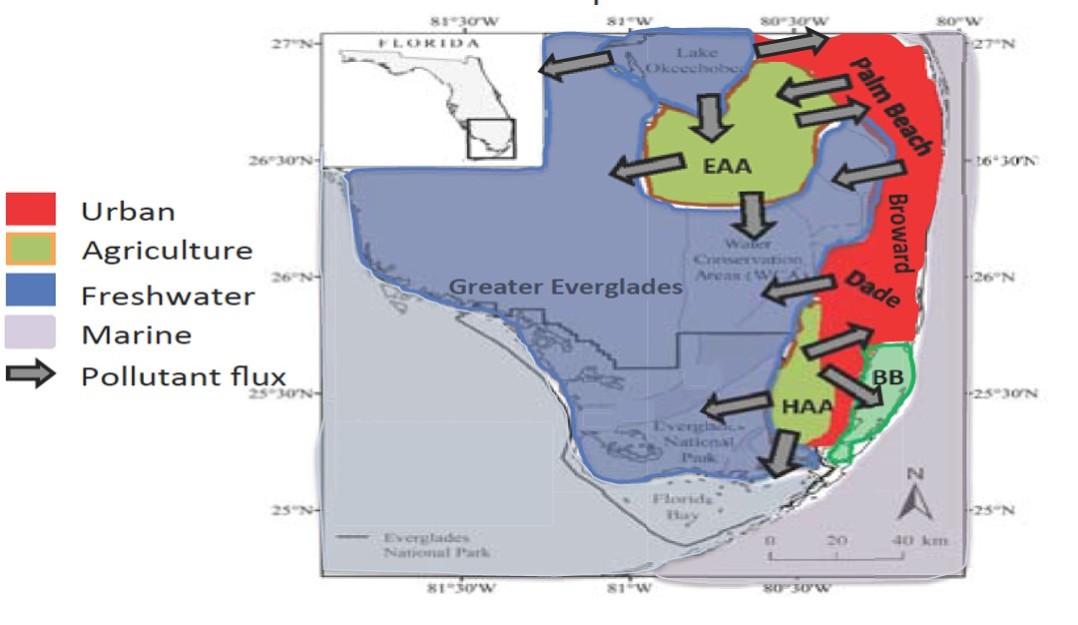
Key Ecosystems
Everglades
The Greater Everglades provides a vital ecological and economic service to all of South Florida’s inhabitants, who also depend on this massive wetland system as their main source of freshwater. Our work begins with a distinct advantage in this field: drawing upon a wealth of expertise in our faculty, who have long been doing research in this complex ecosystem.
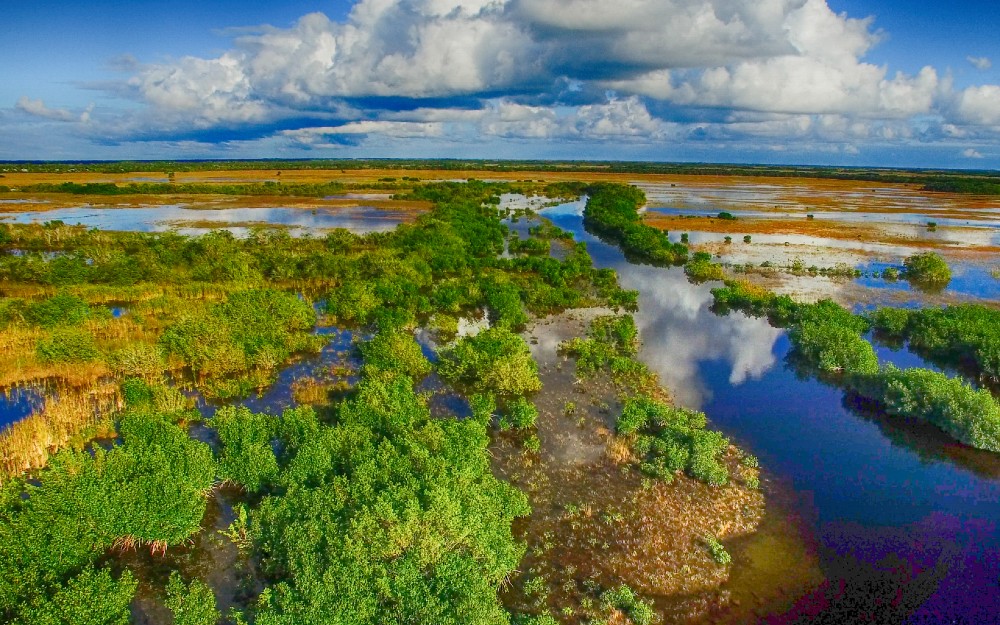
Mangrove Forests
In this Research Supplement focusing on Mangrove Ecology, we seek to enhance and expand our expertise to include an exploration of mangrove ecosystems, which serve as the filter and connection between the freshwater and marine ecosystems. Among the many questions we strive to answer: will mangrove forests along the coast be able to keep up with the accelerating pace of rising sea levels?
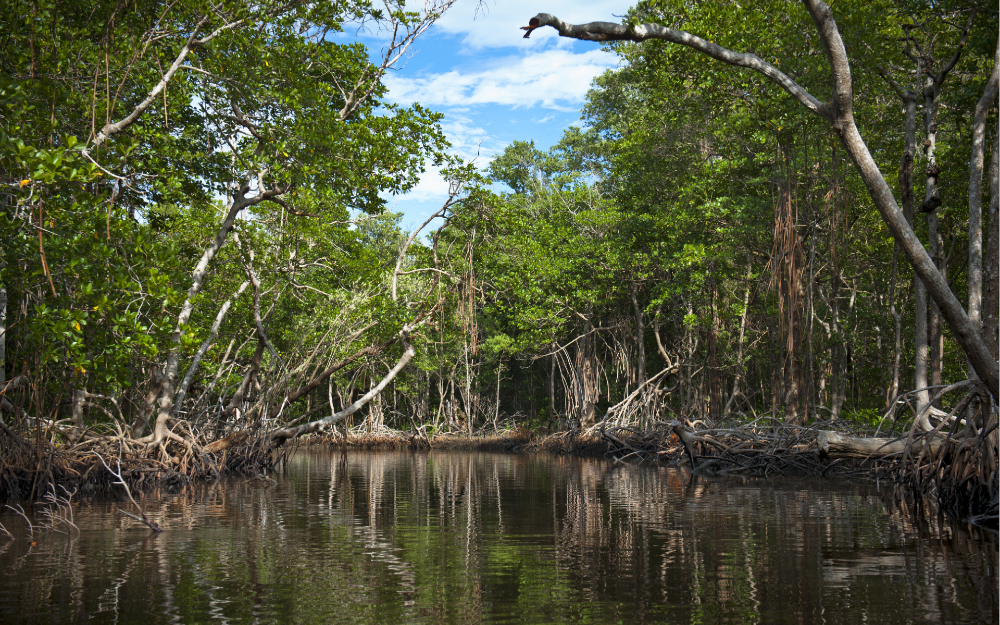
Near-Shore Systems
This Research Supplement further enhances our collaboration with the University of Puerto Rico and expands our research into estuaries and coral reefs, by examining the role of contaminants and pollutants on these vulnerable ecosystems. Using metagenomic methods, our team is working to identify early indicators of ecosystem impacts caused by anthropogenic stressors.
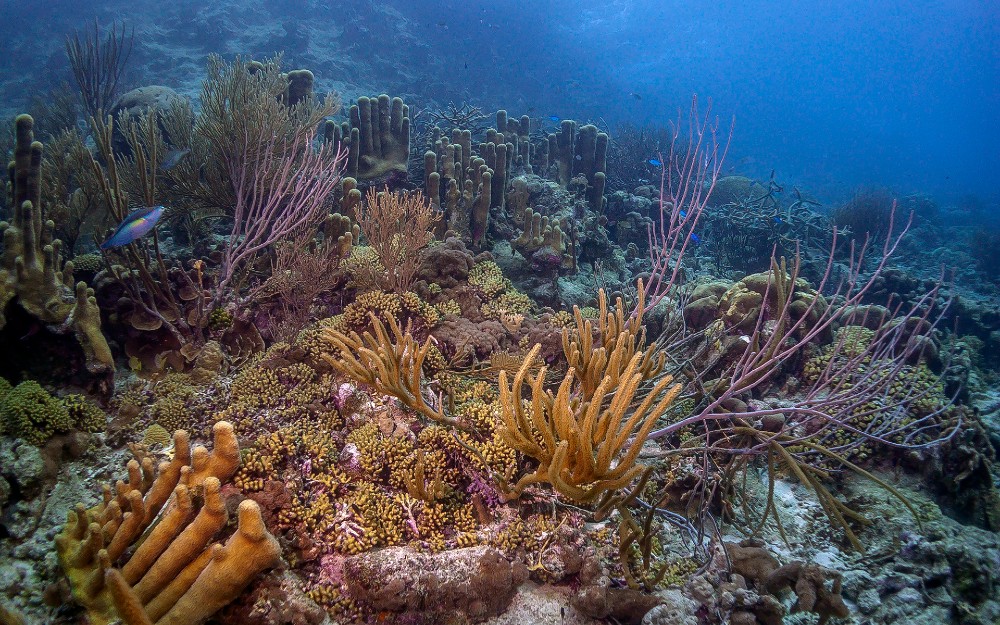
Urban Waterways
With this latest Research Supplement, our team will focus on urban waterways as unique ecosystems with special threats and needs. Specifically, we will collect data in the Miami River and the canals of Coral Gables, and work with local museums and schools to create public outreach exhibits. All data will be displayed interactively using 3D and virtual/augmented reality technologies, in order to better engage our local communities with issues related to water quality.
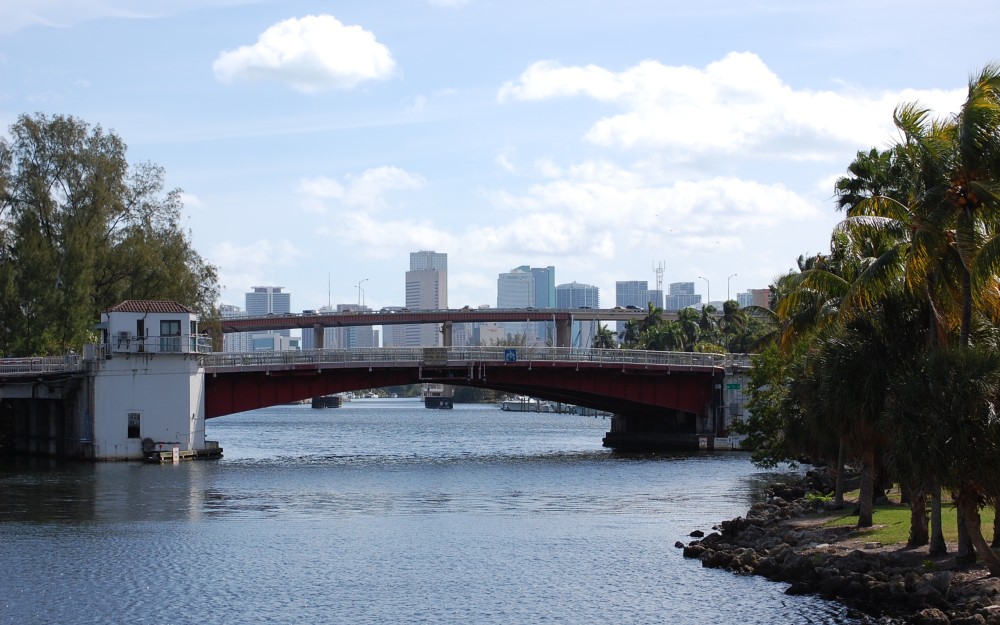
Research Focus Areas
Detection & Identification: Using advanced chemical sensing technology for the environment
Fate & Transport: Quantifying how contaminants and pollutants move and change throughout South Florida's aquatic ecosystems
Impacts & Visualization: Developing methods to assess risk and impacts to our shared environment